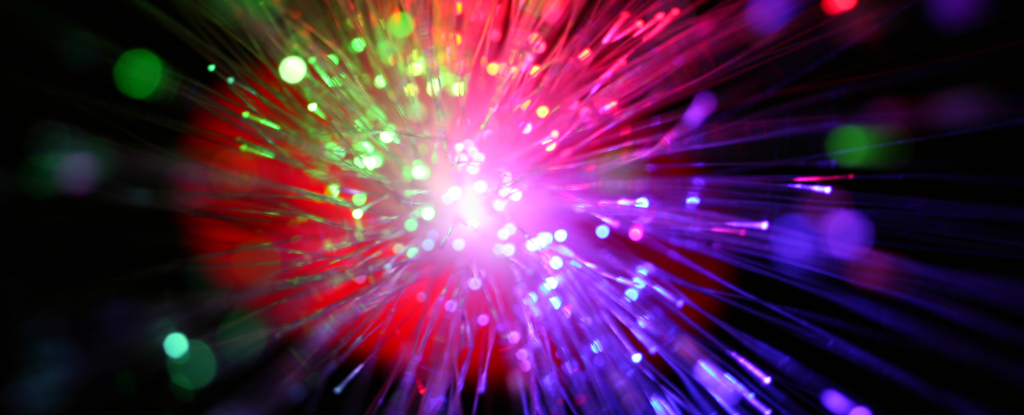
A paradox at the heart of quantum physics has been tested in an extraordinary fashion, pushing the boundaries of human intuition beyond breaking point by measuring a pulse of light in 37 dimensions.
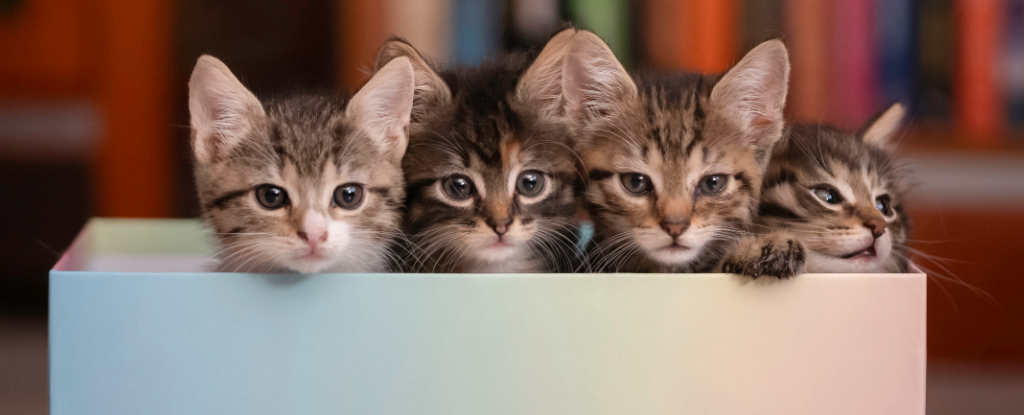
Theoretical physicists from the Autonomous University of Barcelona in Spain think they might at last have an explanation for why Schrödinger's cat would always appear in a single state once it's observed.

Scientists know the Universe is expanding because they can track other galaxies as they move away from ours. They define expansion using the rate that other galaxies move away from us.
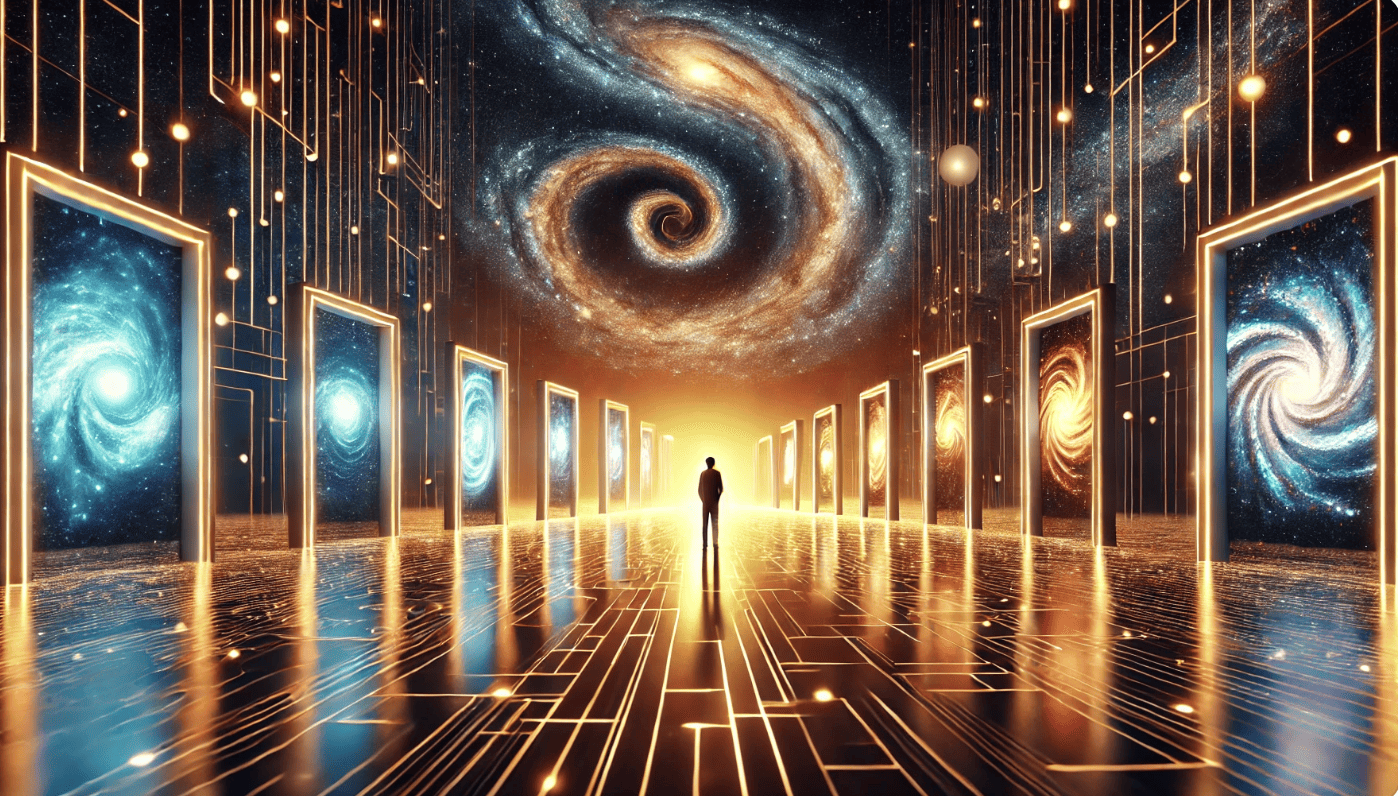
Google’s latest quantum computer chip, which the team dubbed Willow, has ignited a heated debate in the scientific community over the existence of parallel universes.
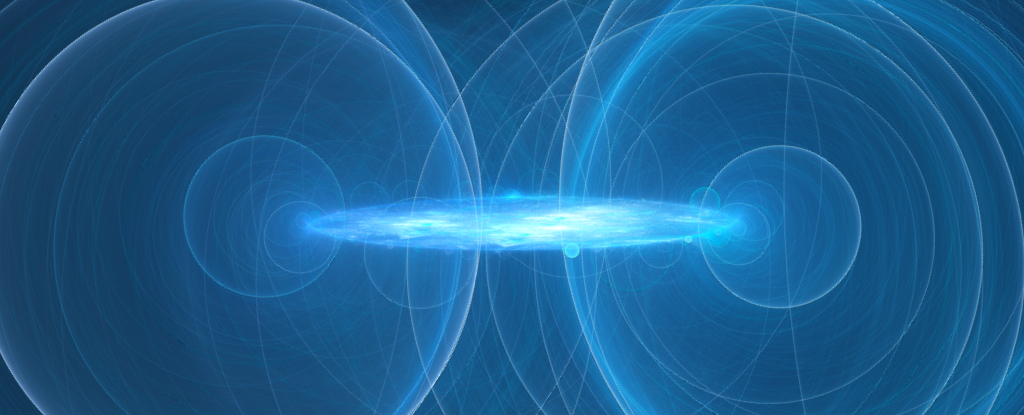
Something is making the fabric of our Universe grow at an ever-accelerating rate, and scientists are truly stumped on what it could be.
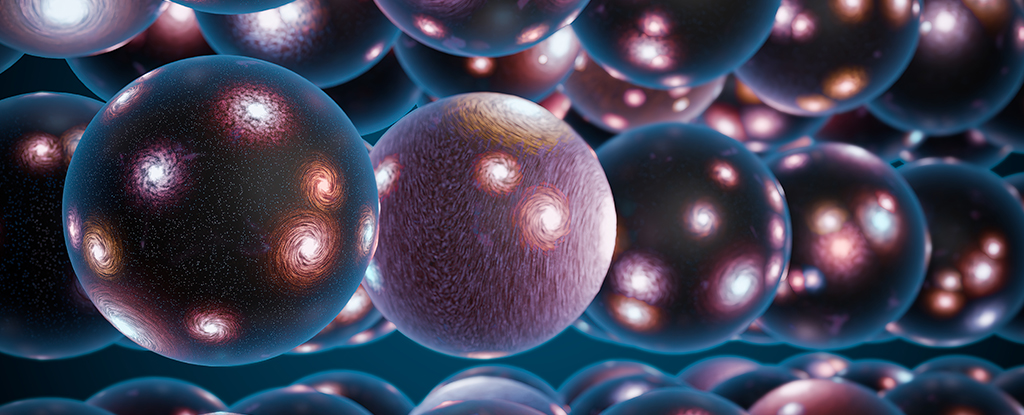
Not only does God play dice, that great big casino of quantum physics could have far more rooms than we ever imagined. An infinite number more, in fact.

Astronomers are studying black holes that could have formed in the early universe, before stars and galaxies were born. Such primordial black holes (PBHs) could account for all or part of dark matter.

Swedish researchers have devised a new model for the Universe, that may solve the enigma of dark energy. They proposes a new structural concept of a universe that rides on an expanding bubble in an additional dimension.

While there is no physical evidence that parallel universes exist, the theories that explain how our universe came to be seem to suggest that they are inevitable.

Merging Neutron Stars Challenge Existing Theories of Gravity and Dark Energy.

We've never actually found any genuine proof for the existence of a multiverse - until now.

A supervoid is unlikely to explain a ‘Cold Spot’ in the cosmic microwave background, leaving room for exotic explanations like a collision between universes.

Theoretical physicists and cosmologists deal with the biggest questions , like “Why are we here?” “When did the universe begin?” and “How?” Another questions that bugs them, and likely has bugged you, is “What happened before the Big Bang?”

The holographic principle tells us that we can achieve the same physics by reducing the number of dimensions by one and removing gravity.

A new paper published by scientists from the Griffith’s Centre for Quantum Dynamics claims that parallel universes do exist.